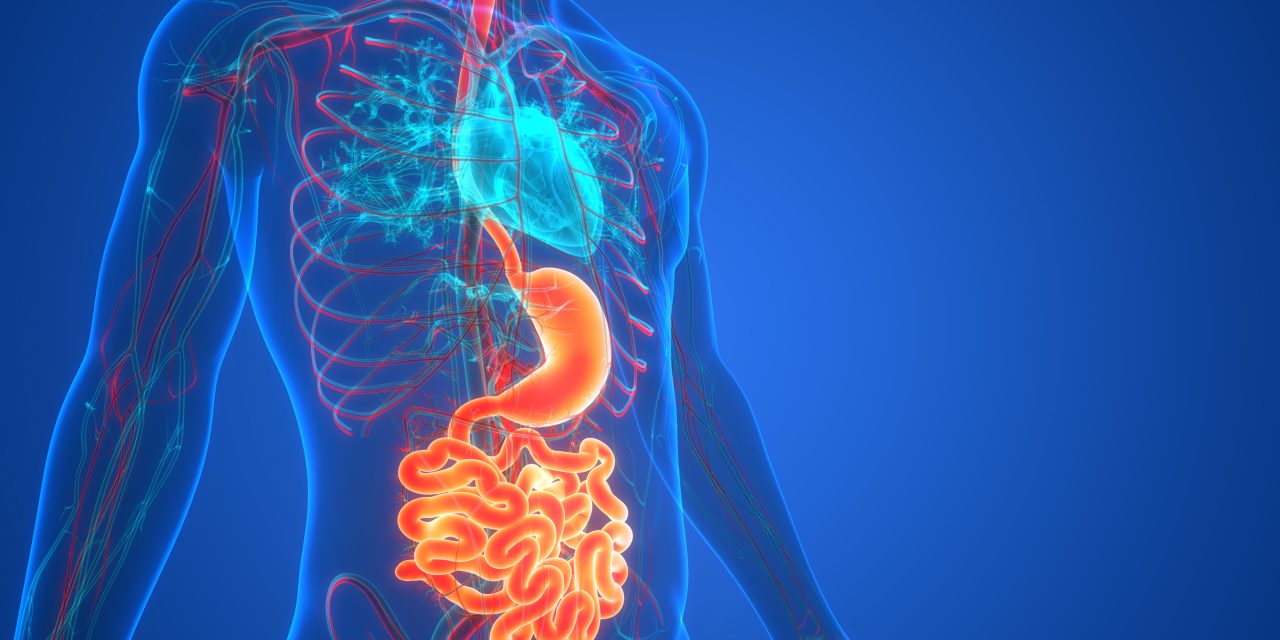Recent literature has implicated a key role for mast cells in murine models of colonic inflammation, but their role in human ulcerative colitis (UC) is not well-established. A major advance has been the identification of mrgprb2 (human orthologue, MRGPX2) as mediating IgE-independent mast cell activation. We sought to define mechanisms of mast cell activation and MRGPRX2 in human UC.
Colon tissues were collected from UC patients for bulk RNAseq and lamina propria cells were isolated for MRGPRX2 activation studies and single-cell RNA sequencing (scRNAseq). Genetic association of all protein altering GPCR SNPs was performed in an Ashkenazi Jewish UC case-control cohort. Variants of MRGPRX2 were transfected into CHO and HMC-1.1 cells to detect genotype-dependent effects on β-arrestin recruitment, IP-1 accumulation, and phosphoERK.
Mast cell-specific mediators and ADM (adrenomedullin, proteolytic precursor of PAMP-12, an MRGPRX2 agonist) are upregulated in inflamed compared to uninflamed UC. MRGPRX2 stimulation induces carboxypeptidase secretion from inflamed UC. Of all protein-altering GPCR alleles, a unique variant of MRGPRX2, Asn62Ser, was most associated, bioinformatically predicted to alter arrestin recruitment. We validated that the UC protective serine allele enhances beta-arrestin recruitment, decreases IP-1, and increases phosphoERK with MRGPRX2 agonists. scRNASeq defines that ADM is expressed by activated fibroblasts and epithelial cells, and that IFNG is a key, upstream regulator of mast cell gene expression.
Inflamed UC regions are distinguished by MRGPRX2-mediated activation of mast cells, with decreased activation observed with a UC-protective genetic variant. These results define cell modules of UC activation and a new therapeutic target.
Copyright © 2021 AGA Institute. Published by Elsevier Inc. All rights reserved.
Inflamed ulcerative colitis regions associated to MRGPRX2-mediated mast cell degranulation and cell activation modules, defining a new therapeutic target.


